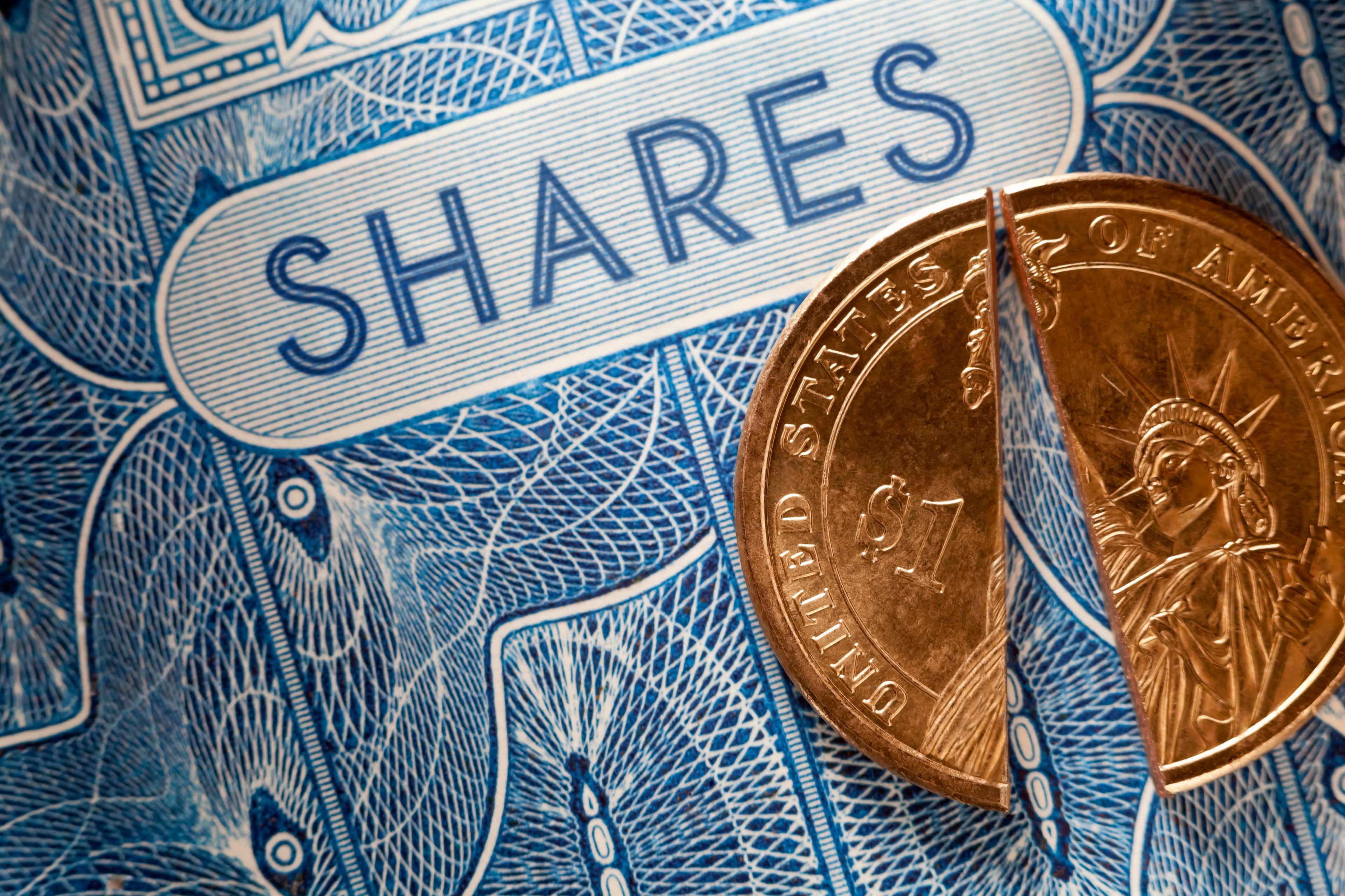The Federal Trade Commission (FTC) and Department of Justice (DOJ) recently teamed up to increase their oversight of Facebook (FB 1.31%), Amazon.com, Alphabet's (GOOG 2.42%) (GOOGL 2.46%) Google, and Apple. The FTC would oversee investigations of Facebook and Amazon, while the DOJ would do the same for Google and Apple.
Shares of all four companies initially declined after the news broke, but Facebook fared the worst over the past week. That's likely because the FTC has spent the past year probing its privacy practices in the wake of the Cambridge Analytica scandal, and that investigation could expand into a full-blown antitrust probe of the social network. Facebook has already set aside $3 billion to settle what it expects will be a $3 billion to $5 billion FTC fine regarding its user data policies.
However, privacy issues and antitrust regulations are two separate things. As a Facebook shareholder, I think it could be tough for the FTC to prove Facebook has engaged in unlawful monopolistic practices for several reasons.

Image source: Getty Images.
Still plenty of competition
Antitrust violations occur when a company leverages a market-leading position to stifle competitors and gain an unfair advantage. That's what happened when Microsoft bundled Internet Explorer with Windows to lock out rival web browsers, when Intel subsidized PC makers to use its chips instead of AMD's, and when Qualcomm lowered its wireless licensing fees for OEMs that bought its mobile chips.
Microsoft, Intel, and Qualcomm dominated their respective markets in those cases. Facebook, despite being the largest social network in the world, still faces plenty of competition in the U.S.
Last quarter, Facebook's daily active users (DAUs) in the U.S. and Canada grew by 1 million annually and remained flat sequentially at 186 million. Subsidiary Instagram has about 113 million monthly active users (MAUs) in the US.
Facebook's top competitors in the U.S. include Snap's (SNAP +2.44%) Snapchat, Pinterest (PINS +1.45%), and Twitter (TWTR +0.00%). Snap finished last quarter with 80 million DAUs in North America. In the U.S., Pinterest has 85 million MAUs and Twitter has 28 million monetizable DAUs.
Those figures indicate that Facebook's platforms are larger, but there's still plenty of room for the smaller social networks to grow.

Image source: Getty Images.
Social preferences change
Then there's the fact that social media preferences vary widely by age.
Piper Jaffray's latest "Taking Stock with Teens" survey, which polled 8,000 U.S. teens about their favorite brands, found that 41% ranked Snapchat as their favorite social media platform -- versus 35% for Instagram, 6% for Twitter, 6% for Facebook, and just 1% for Pinterest. Meanwhile, eMarketer found that older generations favored Facebook and Instagram over Snapchat and Twitter.
Although Facebook and Instagram are social media leaders, they don't dominate the market. There's no way for Facebook to prevent its users from using Snapchat, Twitter, or Pinterest -- so the company isn't abusing its power to keep competitors out of the market.
Not the largest digital ad platform
Facebook generates nearly all of its revenue from online ads. The FTC could possibly build an antitrust case against it if it dominated the digital ad market, but it's not the market leader.
That crown belongs to Google, which could control 37% of the U.S. digital ad market this year, according to eMarketer. Facebook (including Instagram) ranks second with a 22% share. Facebook's $55 billion in advertising revenue last year was less than half of Google’s. There's no reason for the FTC to go after Facebook instead of the market leader.
Government has a tough case to prove
It's important here to not confuse privacy and security issues with antitrust ones. Facebook is certainly guilty of privacy and security gaffes, and it already faces potential fines in Europe for those mistakes. However, it still faces rival social networks in the U.S., and it's not the top digital ad platform. All this adds up to a tough base for the FTC to build an antitrust case on against this company.










